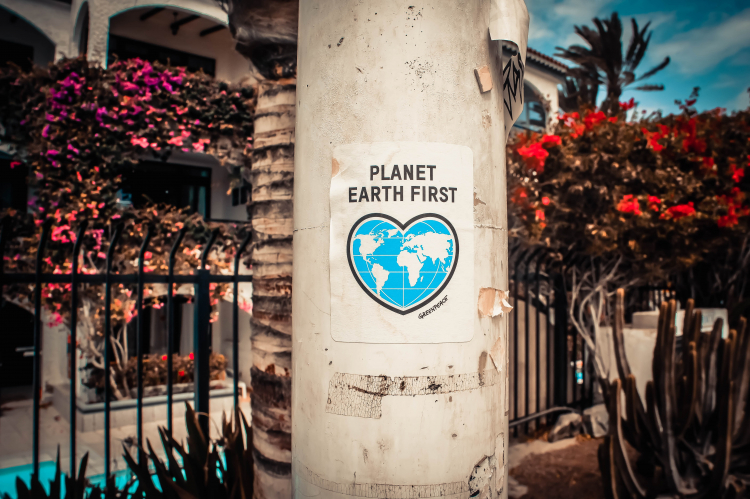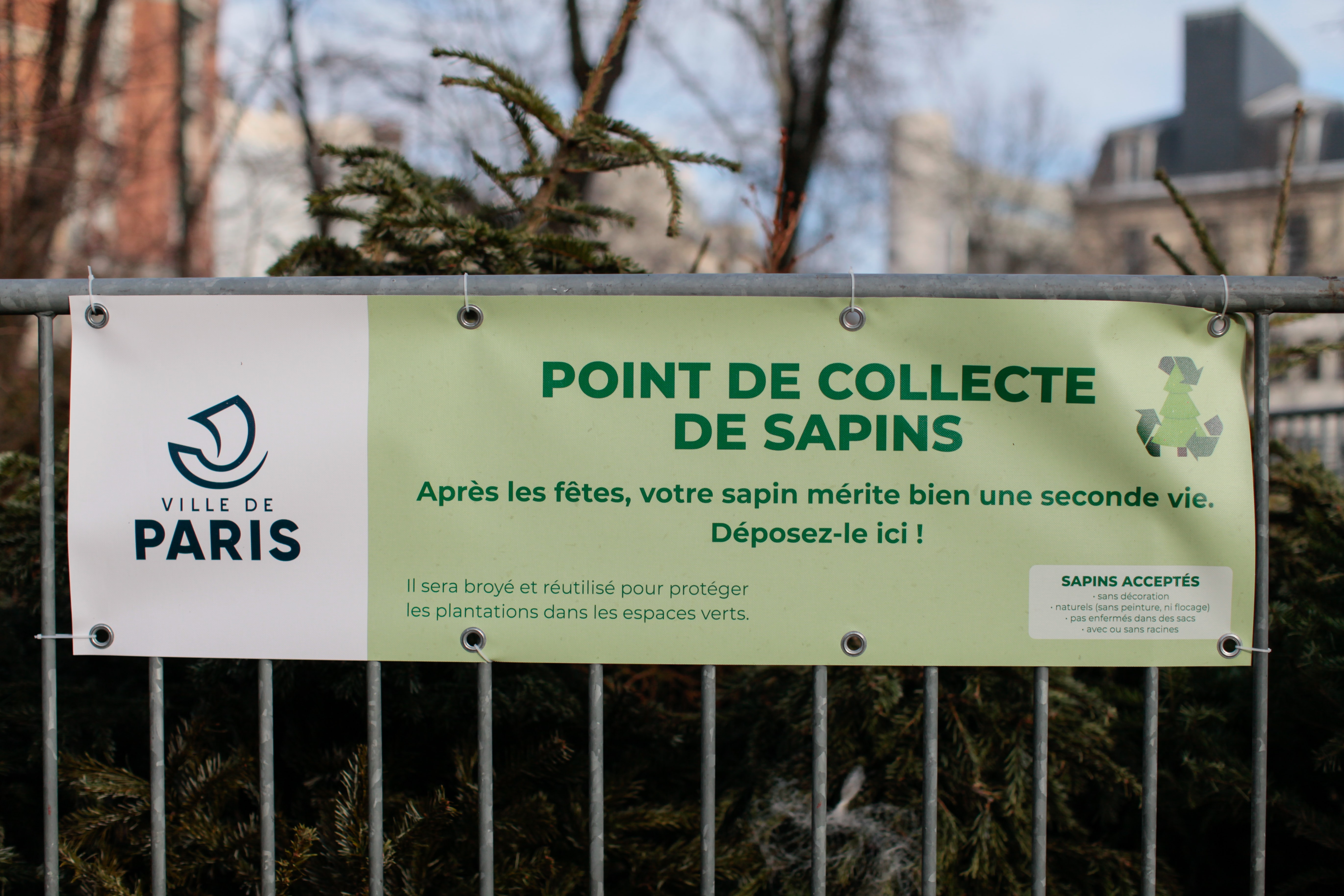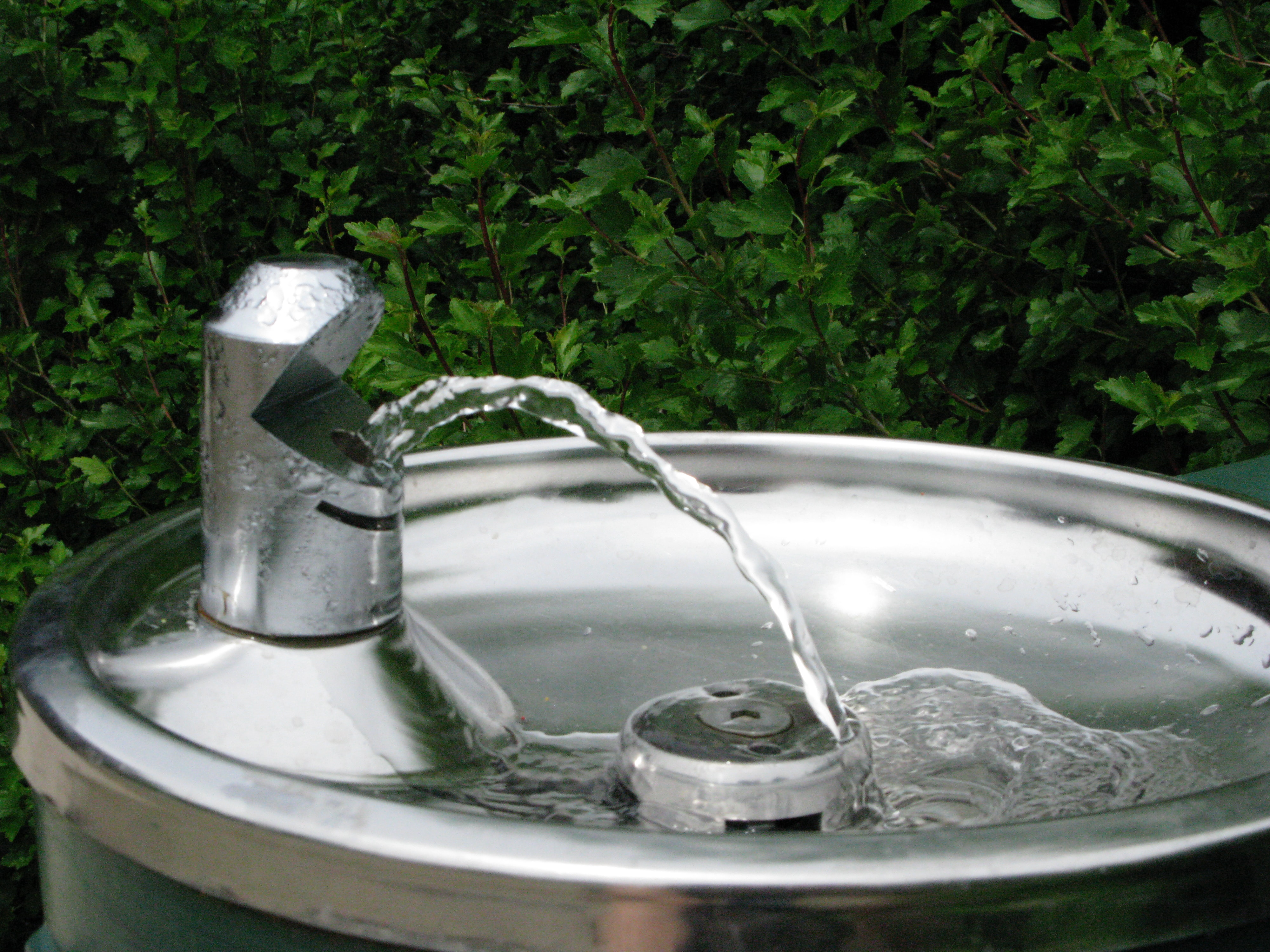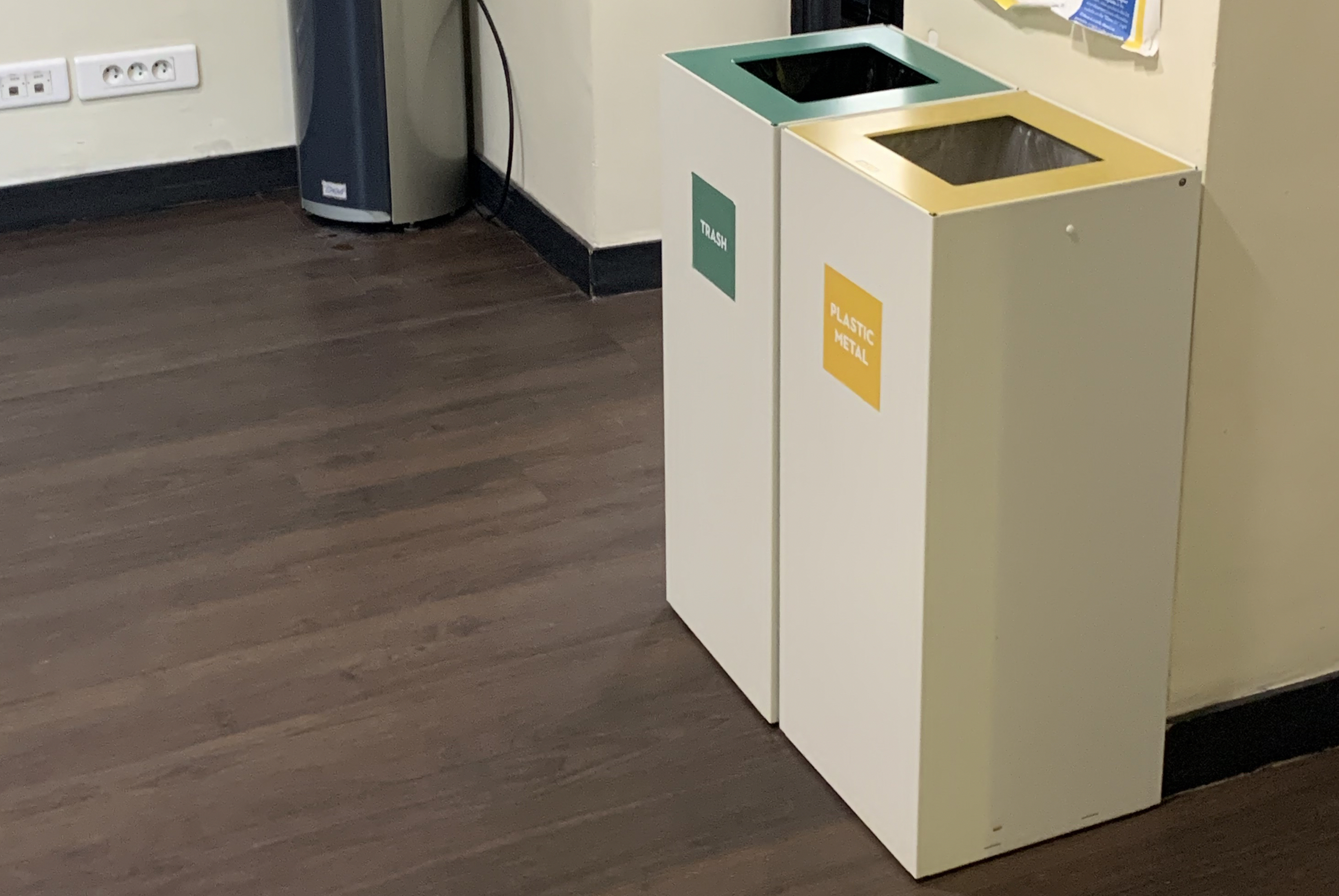Is AUP Ready for a Transition to No-Waste Green Future?

AUP is striving to satisfy climate policies to meet France's new climate action plan initiatives and environmental laws.
Despite being the home of the Paris Climate Accords and a number of well-known environmental organizations, one of the biggest problems Paris faces in terms of climate policy is waste management. AUP as a Parisian institution is no exception.
Proper waste management is a key component of Paris' climate action plan goals to become a key sustainable city by 2050, and AUP is trying to demonstrate Paris' commitment to sustainable action. With new French anti-waste laws forcing Parisians to think circular, AUP has implemented a number of new practices to make waste management more sustainable.
Image credit: Unsplash/ Michelle Ziing Ou"I would say our current initiatives are relatively small in scope, and they are works in progress. We now have very nice recycling and trash bins that are color coordinated and labeled as per French guidelines," said Elena Berg, the head of the AUP Advisory Board for Environmental Sustainability (ABES). "Several years ago, one of the students spearheaded a campaign to install water fountains on campus, and we now have several of those. Incoming students have been given metal water bottles to encourage them to drink tap water and avoid buying single use plastic bottles."
The Amex has also implemented some green initiatives; all coffee containers, to-go utensils and trays are now compostable or recyclable. This is all in line with the Paris Climate Action Plan.
Image credit: Unsplash/ Deborah L. CarlsonWhat is the New Anti-Waste Law?
The new French anti-waste law was ratified back in February of 2020 by French President Emmanuel Macron in order to help France transition away from a linear economy to a circular economy.
According to the Library of Congress this law establishes some concrete goals such as like recycling 100% of plastics by 2025 and the end of single-use plastic packaging by 2040. Several common items were banned starting in 2021, including disposable plastic straws and silverware, and polystyrene foam boxes for fast-food restaurants. Starting in 2022, selling fruits and vegetables in plastic packaging for portions under one and a half kilograms became illegal, and buildings open to the public will be required to have water fountains. In 2023, fast-food restaurants will no longer be allowed to use disposable plates and cups for on-premise consumption of food and beverages.
This law is one new measure to push the Paris region to become more sustainable and meet the Paris Climate Action Plan and Paris Climate Accords by 2050.
Hope for AUP's future
Composting is another plan that AUP hopes to be pushing on in the future.
"Over the year and a half, my student ,Clark Marchese, designed a composting program, secured funding and found a company that can come and take the food waste from the Amex. David Horn is now in process of finalizing our contract," said Elena Berg. Employees at the Amex declined to comment on the program.
"The communications team and AUP Green will be installing signage above all the bins to help make the sorting of recyclables much easier," Berg said.
Image credit: William MancillaMembers of the AUP community also had much to say about their potential goals for AUP in the future.
"We should make sure that AUP gets their furniture from companies with good eco-friendly materials that could possibly be biodegradable," Valentina Kelley a first-year visiting student said."We also need more recycling instructions because I've seen so many students throw away recyclables in the trash."
Many students are worried about the same future initiatives that AUP is hoping to implement soon.
"We should have composting bins in every building, and maybe add solar panels as well," said senior Valerie Garcini.
Other students had some more unique ideas.
"There should be an automated kiosk that would allow AUP students and others in the community to turn in and recycle old cell phones and small electronics in exchange for cash," said T'anna Johnson, an AUP junior. "Old gadgets account for a lot of waste, and recycling for cash might encourage students and others to recycle old electronics."
Some AUP faculty want more ambitious sustainable initiatives to push AUP towards an environmentally friendly future.
"I would like to see AUP become a carbon negative campus. There are many challenges with that as we are spread across several old buildings, and as we are an international community that engages in a lot of air travel," said Berg. "However, there are many ways we could work for carbon neutrality and work towards this goal very seriously. That is beyond the scope of what a small volunteer army like ABES can accomplish, however, and it would require more systematic investments/changes."










